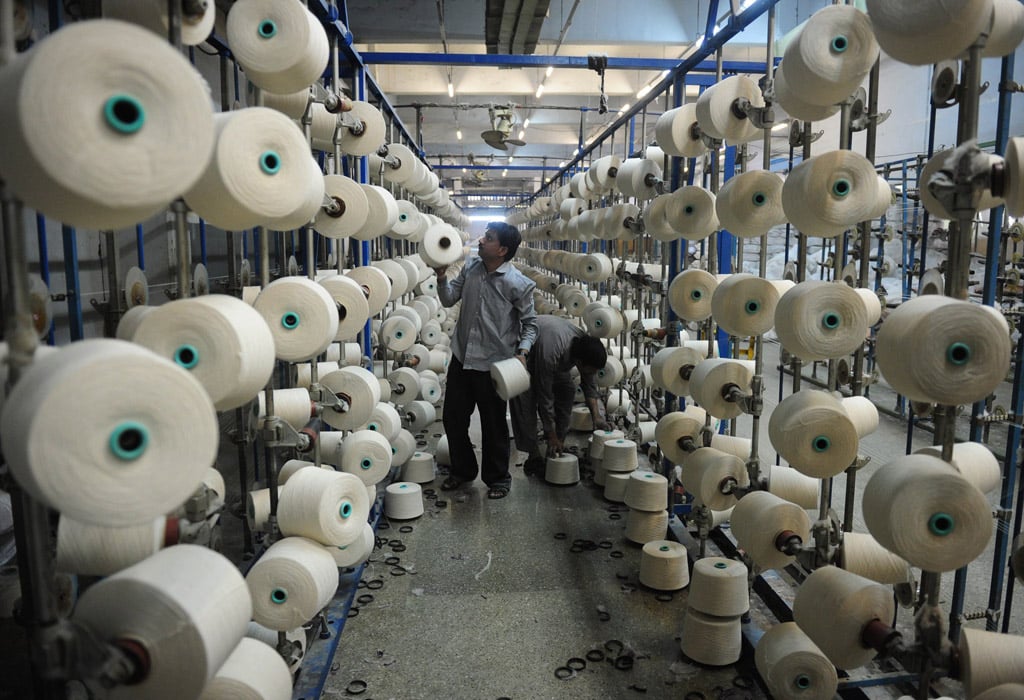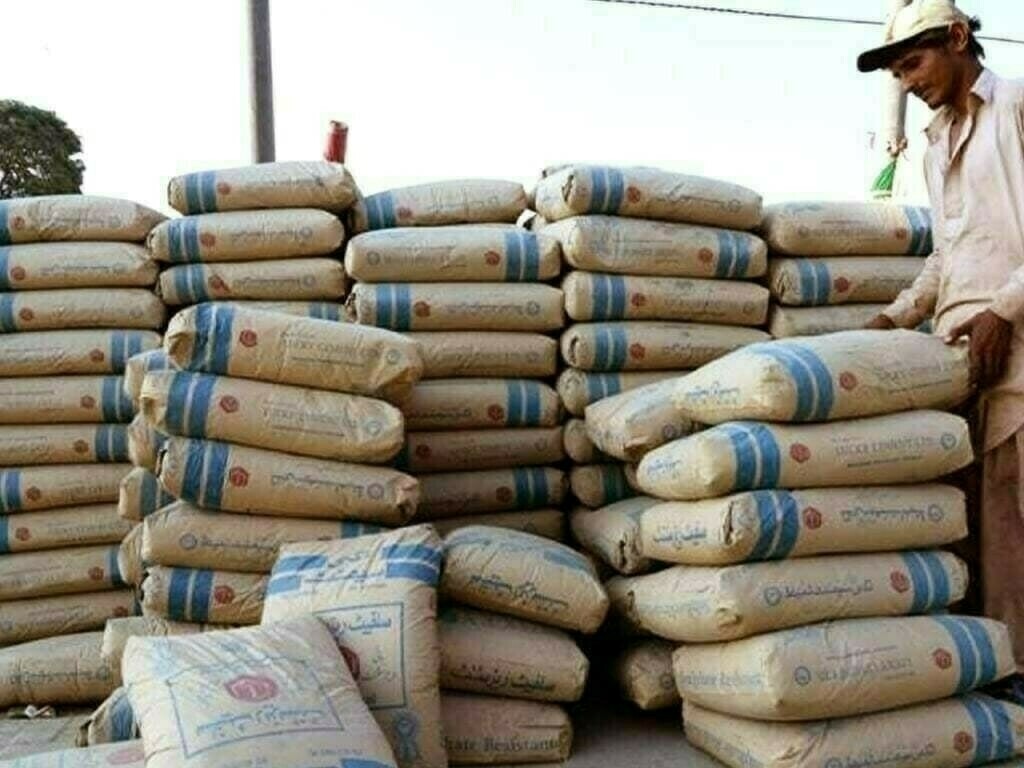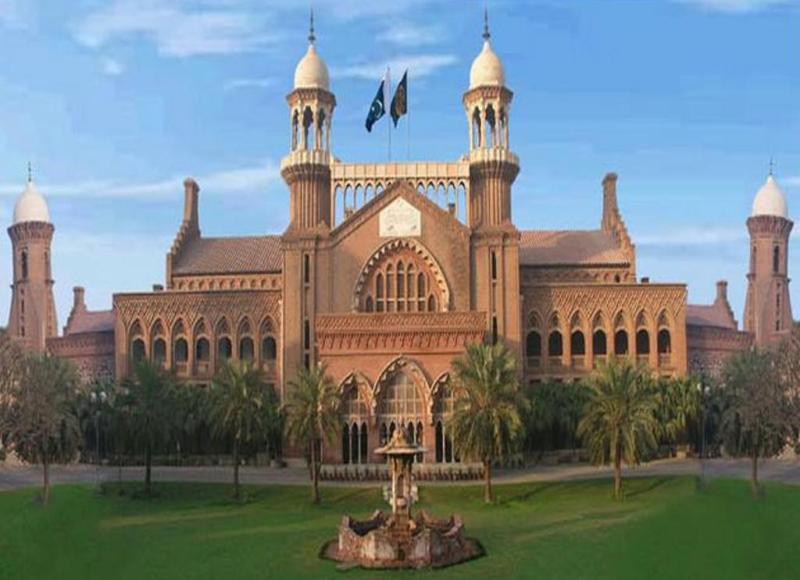PTBP Web Desk
The Sindh Assembly was informed that 81 industrial units, including 10 textile mills and five sugar mills, have ceased operations over the past five years due to persistent electricity shortages.
The information was provided during a session where lawmakers raised concerns about the province’s industrial health and the broader implications of energy-related issues on economic activity.
The revelation about the shutdowns came in response to queries from lawmakers, who sought clarity on the state of Sindh’s industrial landscape. Ali Ahmed, the Parliamentary Secretary of the Industries and Commerce Department, responded to the concerns raised by the assembly members. He acknowledged that electricity shortages have had a significant impact on the industrial sector, leading to the closure of several key units.
Ali Ahmed mentioned that despite these closures, the provincial government has been cooperating with industrialists to mitigate some of these challenges. He emphasized the government’s ongoing efforts to assist businesses in navigating the energy crisis and maintaining their operations.
However, the Leader of Opposition, Ali Khurshidi, expressed dissatisfaction with the government’s responses. He urged for detailed information on the number of industrial units closed and new ones established between 2018 and 2023. Khurshidi argued that the information provided was insufficient to understand the full scale of the crisis and its impact on Sindh’s industrial sector.
To provide further clarity, Local Government Minister Saeed Ghani intervened, explaining that the question regarding closures fell under the labor department’s purview. Despite the tension, Parliamentary Secretary Ali Ahmed shared some important statistics. He reported that 6,856 industrial units remain operational across the province. This figure suggests that while closures have occurred, the industrial landscape in Sindh still boasts a significant number of functioning businesses.
Additionally, Ahmed revealed that 915 new industrial units have been established between 2018 and 2023, signifying some level of growth despite the challenges posed by electricity shortages. These newly established units provide hope for the industrial sector’s resilience and potential recovery as energy issues are addressed. However, Ahmed’s report also included specific mentions of major closures, which have drawn attention, such as the shutdown of 10 textile mills and one cement factory.
In addition to discussions on industrial closures, the Sindh Assembly also passed significant legislation during the session. The assembly unanimously approved the Sindh Control of Narcotic Substances Bill, 2024. This new law aims to regulate the control of narcotics, synthetic drugs, and psychotropic substances across the province, reflecting the government’s commitment to curbing drug-related offenses.
One of the key features of the newly passed narcotics bill is the broad powers granted to narcotics control officers. Under the amended legislation, officers will be empowered to conduct searches and make arrests without the need for warrants. This new provision allows officers to break open doors, remove obstacles, and conduct raids in situations where they suspect drug-related offenses.
The amendment also specifies that officers must be of at least inspector rank to conduct searches and arrests. This provision aims to ensure that only experienced and authorized personnel handle these sensitive operations. Moreover, officers are now permitted to arrest individuals they suspect of committing offenses under the Act, giving them greater flexibility to act on real-time intelligence and suspected criminal activity.
In particular, the bill regulates modern synthetic drugs such as ice, meth, crystal, ecstasy, and molly. These substances, increasingly present in Pakistan’s drug market, pose significant public health and safety risks. By including them under the regulatory framework of the bill, the Sindh government hopes to address their spread and impact on communities across the province.
The discussions about industrial closures and the passage of the narcotics control law reveal the multifaceted challenges facing Sindh’s economy and society. On one hand, the government is grappling with electricity shortages, which have severely affected the industrial sector. The closure of 81 industrial units over the past five years is a concerning trend, particularly when considering the important role industries such as textiles and sugar production play in the province’s economy.
At the same time, the government’s efforts to assist industrialists and encourage the establishment of new units have shown some promise. The creation of 915 new industrial units since 2018 suggests that while some businesses have been forced to shut down, others are finding ways to operate and thrive. However, the ongoing electricity crisis remains a significant hurdle to sustained industrial growth.
On the other hand, the unanimous passing of the Sindh Control of Narcotic Substances Bill demonstrates the provincial government’s focus on addressing critical social issues, particularly those related to the control of illicit drugs. The empowerment of narcotics officers to act swiftly and decisively is expected to help curb the trafficking and distribution of dangerous substances like meth and ecstasy. In turn, this could improve public safety and contribute to a more secure environment for businesses and communities alike.
The Sindh Assembly’s discussions point to a province facing significant challenges but also showing signs of resilience. The electricity crisis remains a pressing issue that has already led to the closure of numerous industrial units, including some of the province’s largest and most important mills. However, the establishment of nearly 1,000 new units over the past five years signals that Sindh’s economy still holds the potential for growth.
The passage of the new narcotics control law marks another important step toward improving public safety and regulating the spread of harmful substances. Together, these developments reflect a government working on multiple fronts to improve both the economic and social landscape of the province.
As Sindh continues to face energy shortages and social challenges, the success of its industrial recovery and the implementation of its new narcotics control framework will depend on the effectiveness of government policies and the cooperation of key stakeholders.




